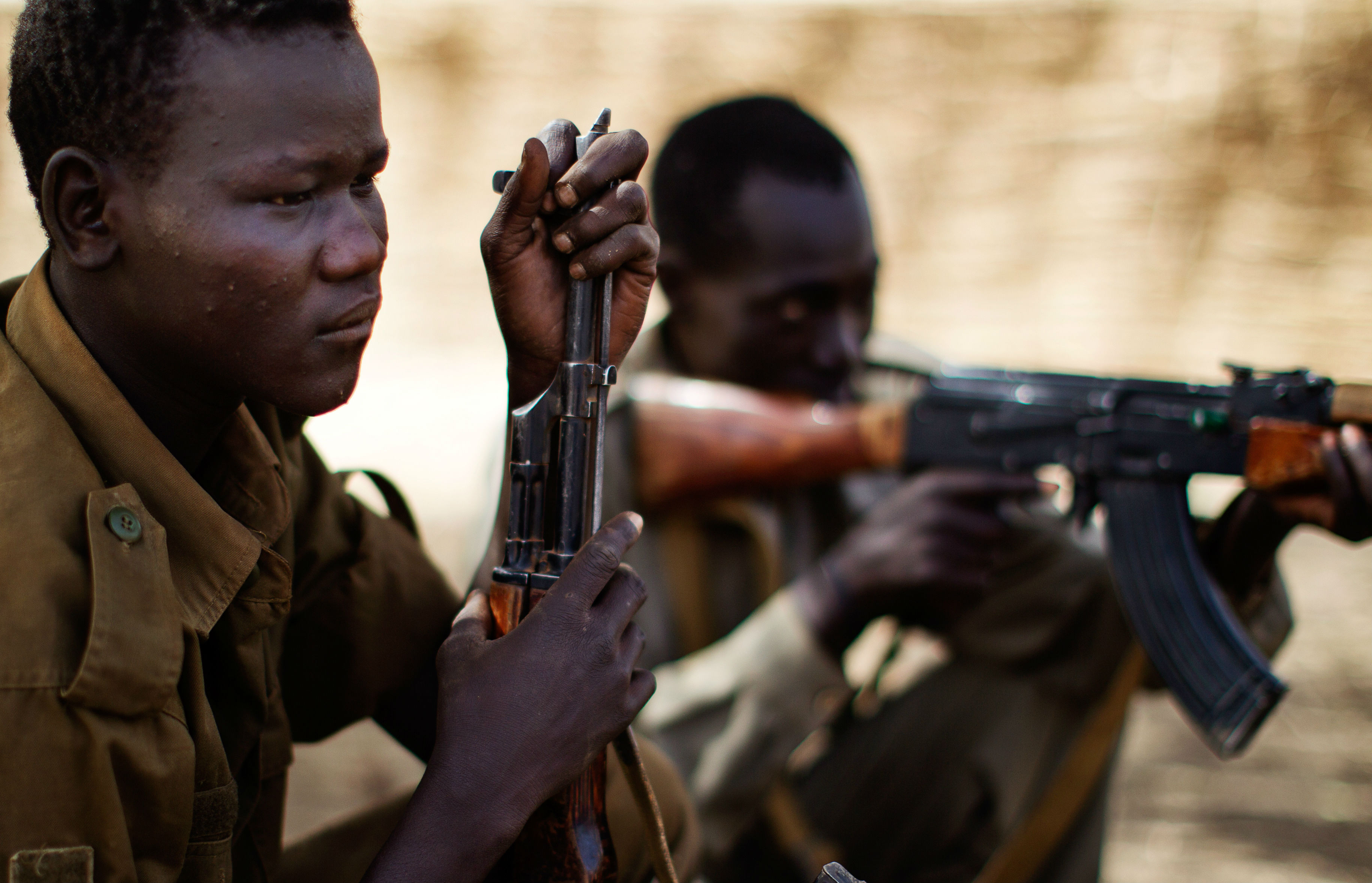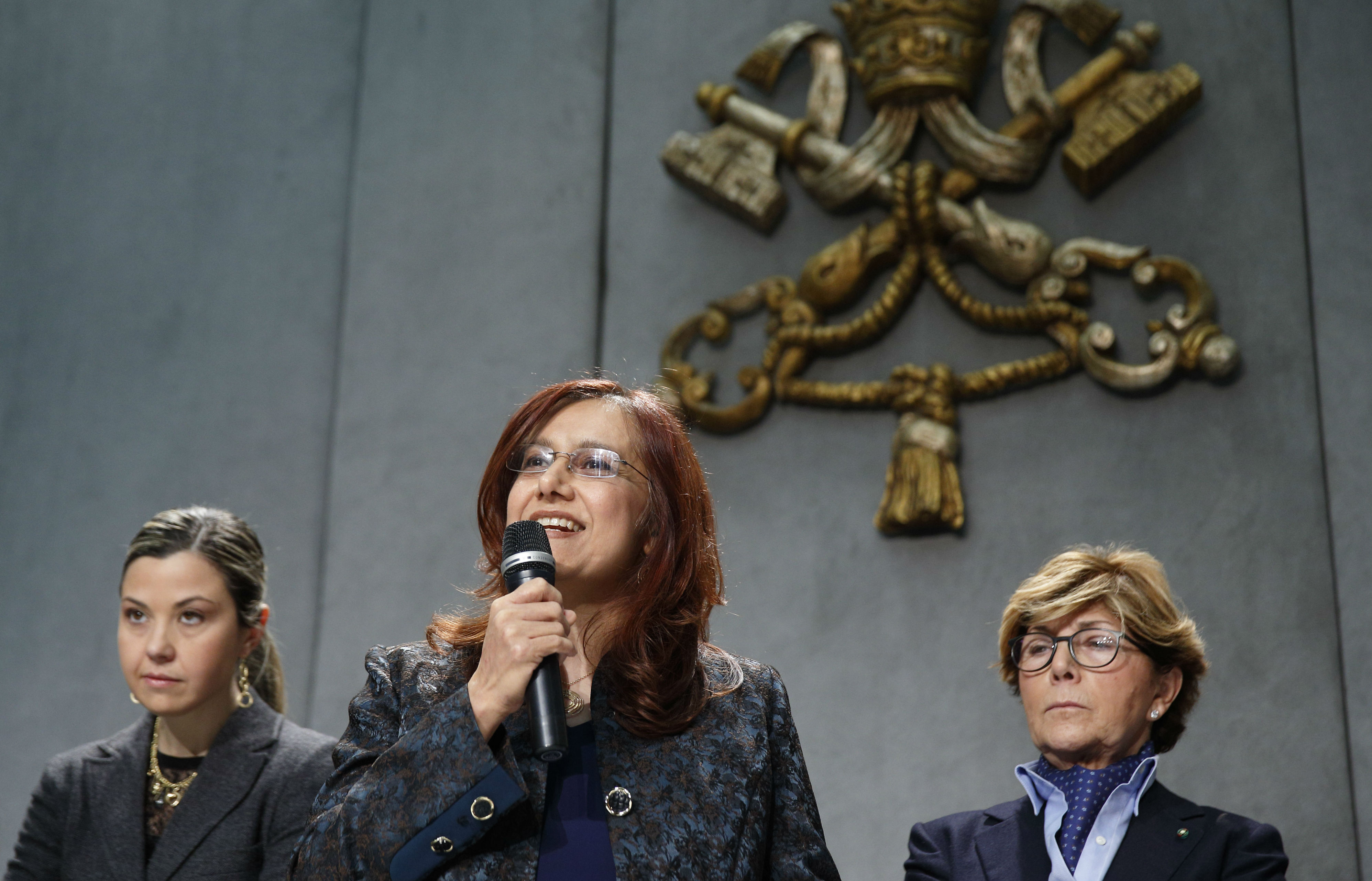A new Vatican women’s advisory group has been launched to counter the “lack of the presence of women” in leadership roles in the Roman Curia which has no women in leadership roles despite representing a fifth of the workforce.
Announced a day before today’s International Women’s Day, the permanent consultative body will be made up of 37 women and will report to the Pontifical Council of Culture, Cardinal Gianfranco Ravasi, the president of the council told a press conference yesterday.
“I didn't have any women at the management level. They were only there in an administrative sense as secretaries,” Ravasi said.
The new group includes the president of the Vatican-run hospital for children, a Muslim theologian from Iran, the Irish Ambassador to the Holy See and the director of a female prison in Rome.
Donna Orsuto, a professor at Rome’s Pontifical Gregorian University and director of the city’s Lay Centre also joins the group. Orsuto, who has recently been named as a member of the Vatican’s liturgy department, helped Ravasi to set up the new female advisory body back in 2015.
“It’s a first step but it’s an important one,” she told The Tablet. “To bring the expertise of these women to the work of the council is a great idea.”
She added: “You see these initiatives which are only a beginning, but its positive. As I like to say ‘nothing about us without us.’ If we can move in that direction in the Church, everyone is going to be better off. Men and women.”
Ravasi told reporters that he did not want the group to be used by those angry about the lack of women in the Vatican, or to be seen as merely a token effort to include women in the decision-making processes in the Vatican.
This group is a response to a “lack of the presence of women in the Roman Curia” where all leadership roles are held by ordained men, he added. The group will offer a less “mechanical” view than the clergy, Ravasi asserted.
Emma Madigan, the Irish Ambassador to the Holy See, said that while it may seem from the outside that the Vatican is a predominantly male culture, things are changing slowly.
“When you are here you see things differently,” she said. “As a female ambassador I find people in the Vatican are sometimes more interested in what you have to say because we are a smaller percentage of the resident ambassadors.”
Over 19 per cent of the Roman Curia’s workforce is female and of those almost half are university educated and working as lawyers, accountants and historians.
Under Pope Francis there have been attempts to recognise the role played by women in the Church, including a papal commission examining the possibility of female deacons. Last December saw the creation of the first association for the 750 women working inside the Vatican.
On Wednesday afternoon (8 March) women gathered inside the Vatican gardens at the 16th century Casina Pio IV to hear female experiences from around the world at an event titled “Stirring the waters: Making the impossible possible”. It is the fourth year such an event has taken place to mark International Women’s day and is an initiative started by Catholic philanthropist Chantal Goetz.
It is hoped that the event will reflect on the importance of female leadership and hear from women defending human rights across the globe.
The ordination of women as priests has been ruled out by John Paul II, a ban that Pope Francis has reiterated on a number of occasions. That has not, however, stopped people thinking creatively about female leadership positions.
Cardinal Pietro Parolin, the Holy See’s Secretary of State, has said he could envisage a woman successor in his position. The role, effectively the Vatican’s Prime Minister, requires the holder to be the Pope’s most senior diplomat while also playing an interlocutor role internally for the Roman Curia.
There has also been speculation that Francis would give women the vote in a papal conclave by creating female cardinals. Being given the cardinal’s red hat does not require ordination beforehand. But the Pope has publicly denied he is planning such a move.
PICTURE: Shahrazad Houshmand, an Iranian theologian and member of a group of female consultants to the Pontifical Council for Culture, speaks during a media opportunity at the Vatican on 7 March.




 Loading ...
Loading ...